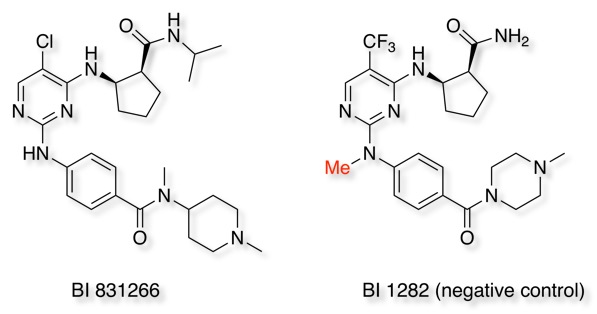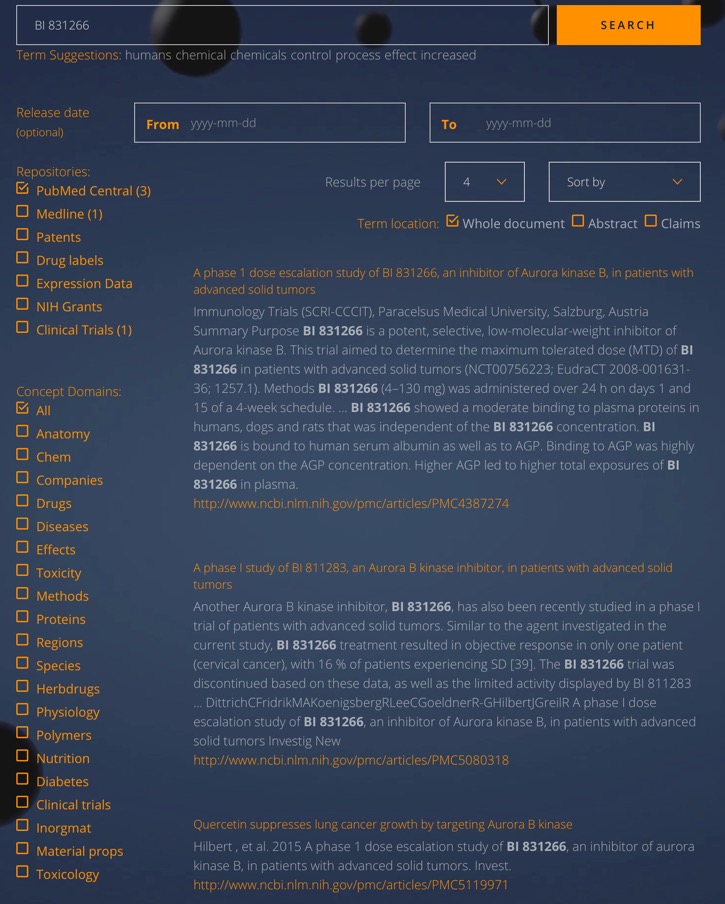opnMe Chemical probes from Boehringer Ingelheim
One of the key challenges to exploring interesting targets is having access to high quality molecular probes. A number of organisations have go together to support Chemical Probes Portal which provides information and independent reviews of chemical probes.
The Chemical Probes Portal is designed to change the way scientists find and use small-molecule reagents called chemical probes in biomedical research and drug discovery. The Portal is backed by reviews and commentary from recognised chemical probe experts. Our knowledge-dissemination model, focused on providing accessible expert advice, promises to increase research reproducibility, maximise investment outcomes and accelerate the discovery science that informs the next generation of therapeutic
Recently Boehringer Ingelheim have decided to provide access to a number of chemical probes.
To foster innovation, Boehringer Ingelheim (BI) is openly sharing selected molecules with the scientific community to unlock their full potential. There are two types of Boehringer Ingelheim molecules that you can access on this portal: some for ordering, some for collaboration.
These molecules cover a range of interesting molecular targets.
| Target | ID |
|---|---|
| Aurora B inhibitor | BI 831266 |
| Autotaxin (ATX) inhibitor | BI-2545 |
| BCL6 degrader | BI-3802 |
| BCL6 inhibitor | BI-3812 |
| CCR1 antagonist | BI-9667 |
| CCR10 antagonist | BI-6901 |
| CDK8 inhibitor | BI-1347 |
| FAS inhibitor | BI 99179 |
| FLAP antagonist | BI 665915 |
| Glucocorticoid Receptor (GR) Agonist | BI 653048 |
| Hep. C virus (HCV) NS5B polymerase inhibitor | BI 207127 (Deleobuvir) |
| Hepatitis C virus (HCV) NS3 protease inhibitor | BI-1230 |
| Hepatitis C virus (HCV) NS3 protease inhibitor | BI-1388 |
| LFA-1 (lymphocyte function-associated antigen-1) antagonist | BI-1950 |
| NHE1 inhibitor | BI-9627 |
| PLK1 inhibitor | BI-2536 |
| sEH inhibitor | BI-1935 |
| SYK inhibitor | BI 1002494 |
Looking at the selective Aurora B kinase inhibitor BI 831266, it is clear that BI is making available high quality molecules, they provide the structure, in vitro activity, together with both in vitro and in vivo DMPK data in multiple species. They also suggest a related compound as a negative control in which the N-Me serves to block the critical hinge binding.

There is also a co-crystal structure and some counter-screening data, together with key references from the literature. Any data generated can be published without approval from BI.
This looks to be a very exciting initiative and it will be interesting to see if other companies follow suit.
They have also created a search engine BI Miner to search multiple data sources simultaneously (PubMed Central, Medline, Patents, Drug labels, Expression Data, NIH Grants, Clinical Trials), this open access.
